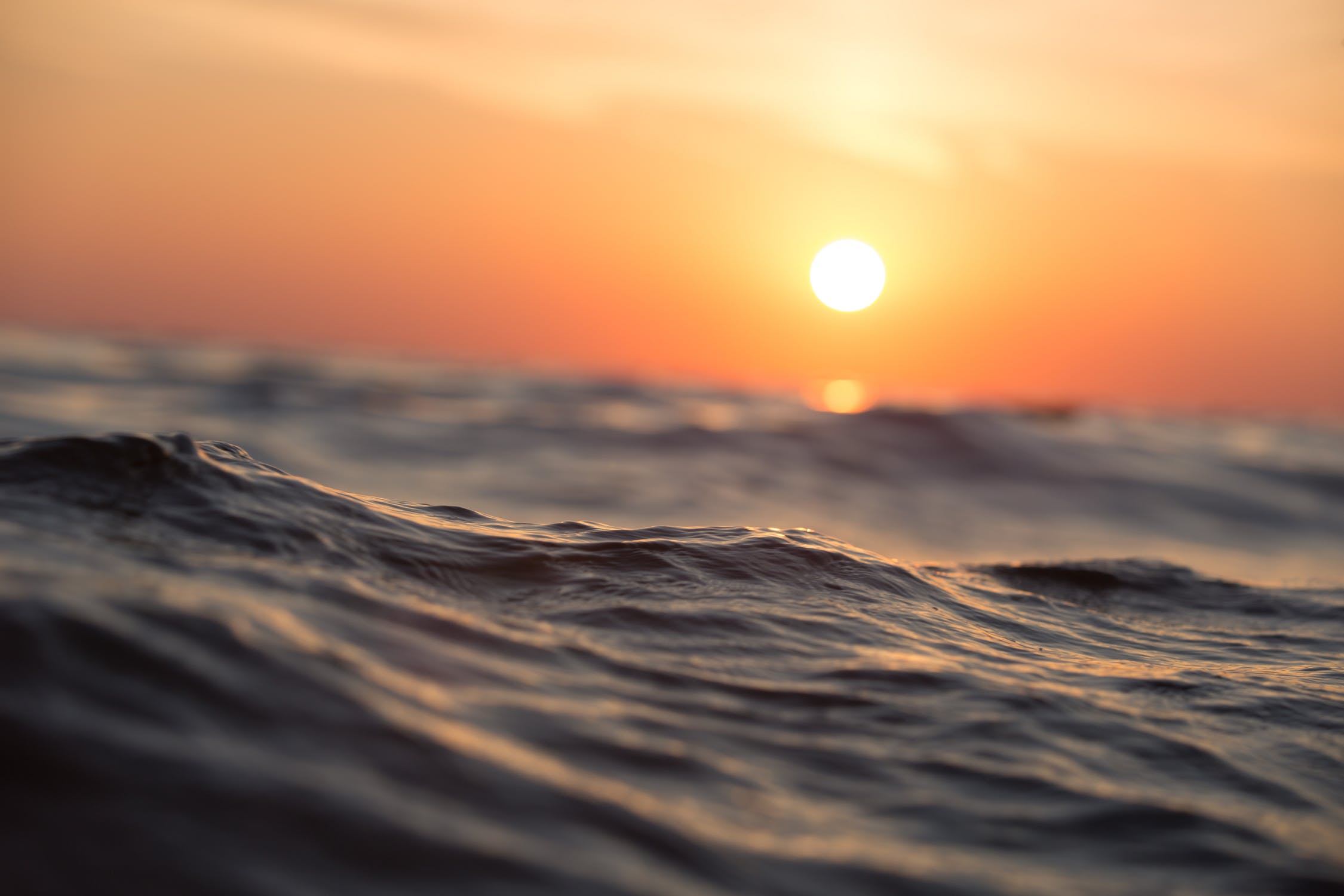
The other day I was chatting with my dad, who currently lives in Germany, and he was telling me about the heat wave they had been experiencing for the last month or so. Temperatures of 38°C, fish dying in the rivers and streams because the water is so hot, ships in the Rhein river that got stuck because water levels are so low, farmers dealing with droughts and a devastating harvest season–only to name a couple of issues he told me about.
When I grew up, I lived most of my childhood in Luxembourg and then moved to France as a young adult, and we never experienced such issues. I recall one summer, maybe when I was 10 or 11, the temperatures were above normal and I heard of some older people dying of dehydration that summer. But other than that, most summers were mild, especially in Luxembourg. Always lots of rain, some nice warm days, and rarely did it get any sunburns because it was cloudy a lot, even during summer.
Talking to my family and friends who still live in Europe, and hearing the weather conditions that they deal with today, makes me feel like this can’t be the place I grew up in. It’s hot here in NYC right now but it’s been like this ever since I moved to the US in 2013. [Editor’s note: As a New Yorker since 2009 and a Northeast-resident since 2005–there’s been astonishing warming trends in the past several years in NYC as well.] I don’t feel that much of a change here. But I see the change that is happening in Europe–and it’s jarring.
The BBC is talking about a pattern that is not only happening in Europe but all over the world. It looks like these types of heat waves are becoming increasingly common all over. The average temperature seems to be moving up across the globe, if you look at what has been happening over the last 50 years. Climate change is not an imminent crisis that we must try to overcome–it is already here, happening, right now. And no matter if you agree with the causes of increased temperatures or not, it is a fact that the planet is becoming hotter. Overall, there has already been a rise of one degree compared to pre-industrial times–but it’s only the beginning.
But what does that mean for us? It means that we humans need to get used to these warmer temperatures, and it means we need to adapt our habits to this new reality. The risk of dehydration in summer will increase for children and elderly people. We need to get ready to face more flooding due to sea level rise and severe summer thunderstorms. We need to change the way we build our cities and the materials we use for our homes. We need to fundamentally rethink the way we grow our crops and what crops we grow where, so we can continue feeding ourselves. It means that we will see certain non-human animals struggle with survival, as their natural environments are changing rapidly and even becoming inhabitable for some. It means that certain species go extinct and that this might lead to profound imbalances in our ecosystem.
It’s not easy to not get depressed when thinking about these changes that are affecting all of us. And to think that it’s not going to become easier for our children either. It makes me wonder sometimes what the world will look like in 20, 40 or 60 years from now. A big question that I have is how much of this we can still prevent from happening? It looks like we are on this trajectory and the world will just become hotter, no matter what we do. But some researchers say we can slow it down by reducing our greenhouse gas emissions–by cutting out meat and dairy consumption for example–and changing our energy consumption patterns. I tend to believe in these theories and want to hope that it’s not too late. It starts with acknowledging that and taking collective responsibility. We may not reverse the course of things but we can slow it down and that means we can save human and animal lives, if only we take a piece of responsibility. Because every person matters and every habit change will have an impact and lead to an exponentially more positive impact.
Please take a moment to consider the various ways you can make a small change to help the planet. The following links and suggestions will hopefully make shifting your habits even easier.
- Carpool, walk, bike, or take public transportation as much as possible.
- Help plant trees by using this amazing search engine.
- Check out these green-living mobile apps.
- Don’t be afraid to talk about fighting climate change with other. (Here are some tips for breaking the ice.)
- Compost!
- Eat vegan–here’s why this is major.
- Use reusable totes, food containers, water bottles, straws, and coffee tumblers.
- Eliminate single-use plastic as much as possible–saran wrap, plastic baggies, coffee stirrers, and disposable keurig cups are just a few suggestions to get you started.
- Opt for renewable energy in your home and business. (See if Green Mountain services your area.)
- Unplug all your “vampire” devices when you’re not using them, for example your lamps, computer chargers, and phone chargers.
- Support local, sustainable brands.

What are you doing to help fight climate change?
Also by Isabelle: From Fat Burn To Focus, The Perks Of Intermittent Fasting Are Insane. I Tried It
Related: What You Can Do Now to Fight Climate Change In Your City
Police Yourself: How to Set Your Own Climate Standards (When the Law Doesn’t)
Get more like this—Subscribe to our daily inspirational newsletter for exclusive content!
__
Photo: Pexels




